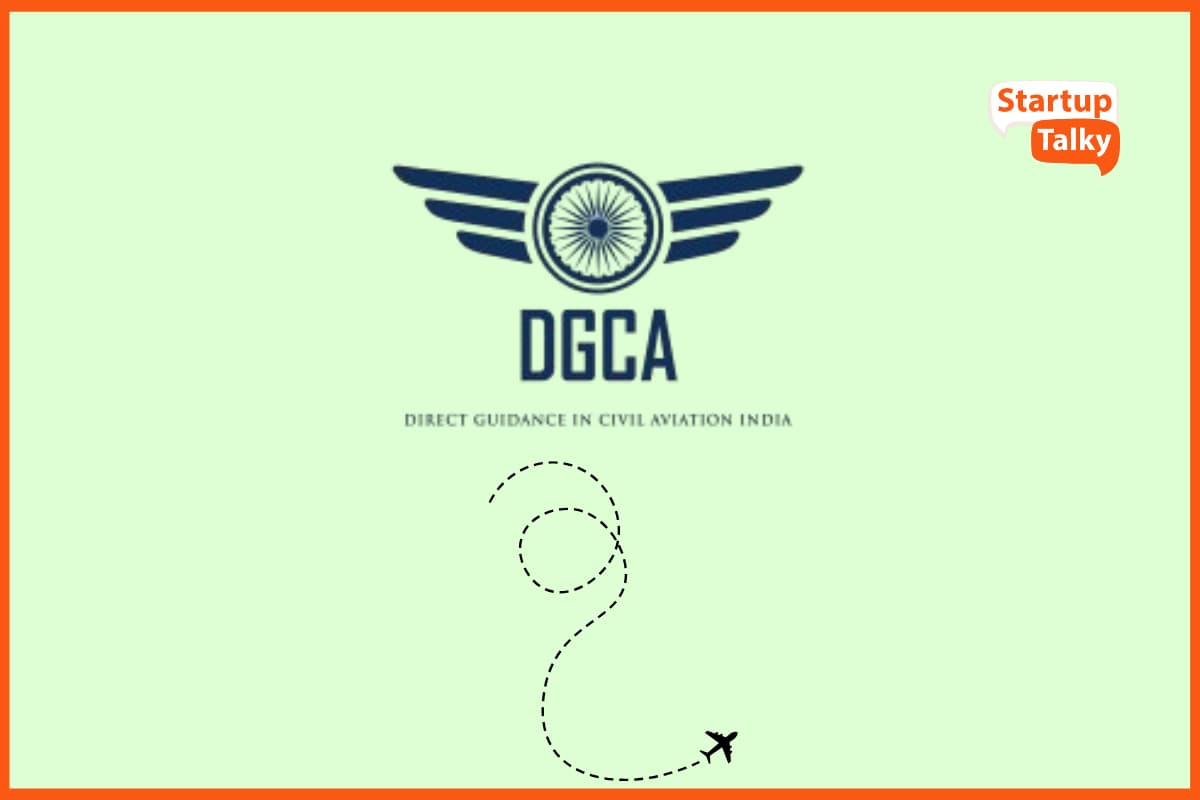With the distribution of approximately 1.2 Cr in stock options to qualified employees, foodtech giant Zomato has increased the size of its employee stock option plan (ESOP) pool. The company, managed by Deepinder Goyal, announced in an exchange statement on October 2 that its board has approved the issuance of 1,19,97,768 stock options under various ESOP schemes. 116 stock options under the Foodie Bay ESOP 2014 plan and 1.19 Cr stock options under the Zomato ESOP 2021 scheme have been given by the meal delivery and fast commerce behemoth. Under its ESOP schemes, each stock option is convertible into a single fully paid-up equity share with a face value of INR 1 each. These options can be exercised within 10 years of the options’ vesting date or 12 years of Zomato’s public listing date, whichever comes first. According to the filing, lock-in will not apply to the equity shares that will be distributed following the exercise of the stock options. According to the stock’s most recent opening price, the freshly allotted shares are worth a total of INR 328.91 Cr.
The Move to Retain Top Executives and Allure Fresh Talent
Zomato has floated new ESOPs many times this year in an effort to draw in talent from international startups and to retain top executives. Zomato distributed about 35.17 lakh stock shares in August. The foodtech giant had previously announced that it had won approval from shareholders to adopt and execute Zomato ESOP 2024, a new employee stock option plan that would award 18.26 Cr in stock options to employees. The changes coincide with Zomato’s steady increase in profit margins due to the company’s robust business growth, especially in its rapid commerce vertical, Blinkit. While Zomato’s operating revenue increased 74% year over year (YoY) to INR 4,206 Cr in Q1 FY25, the company’s consolidated net profit increased multifold year over year (YoY) to INR 253 Cr. By concentrating on going-out business, the company hopes to further stabilise its revenue.
Adding New Feature for Further Expansion
In addition to launching the “Book Now, Sell Anytime” functionality for tickets purchased for any live event on the Zomato app, Zomato has also acquired Paytm’s movie and events ticketing businesses. Additionally, Zomato has been dropping unsuccessful products and introducing new features to attract users. In order to facilitate the control of food expenses for corporations and their registered personnel, Zomato recently launched “Zomato for Enterprise” (ZFE). But the foodtech major’s tax problems are getting worse. The company was hit with a new goods and services tax (GST) demand and penalty order for more than INR 17.70 crore by West Bengal GST officials last month. Authorities in West Bengal and Tamil Nadu fined Zomato INR 4.59 Cr in August for GST violations.










